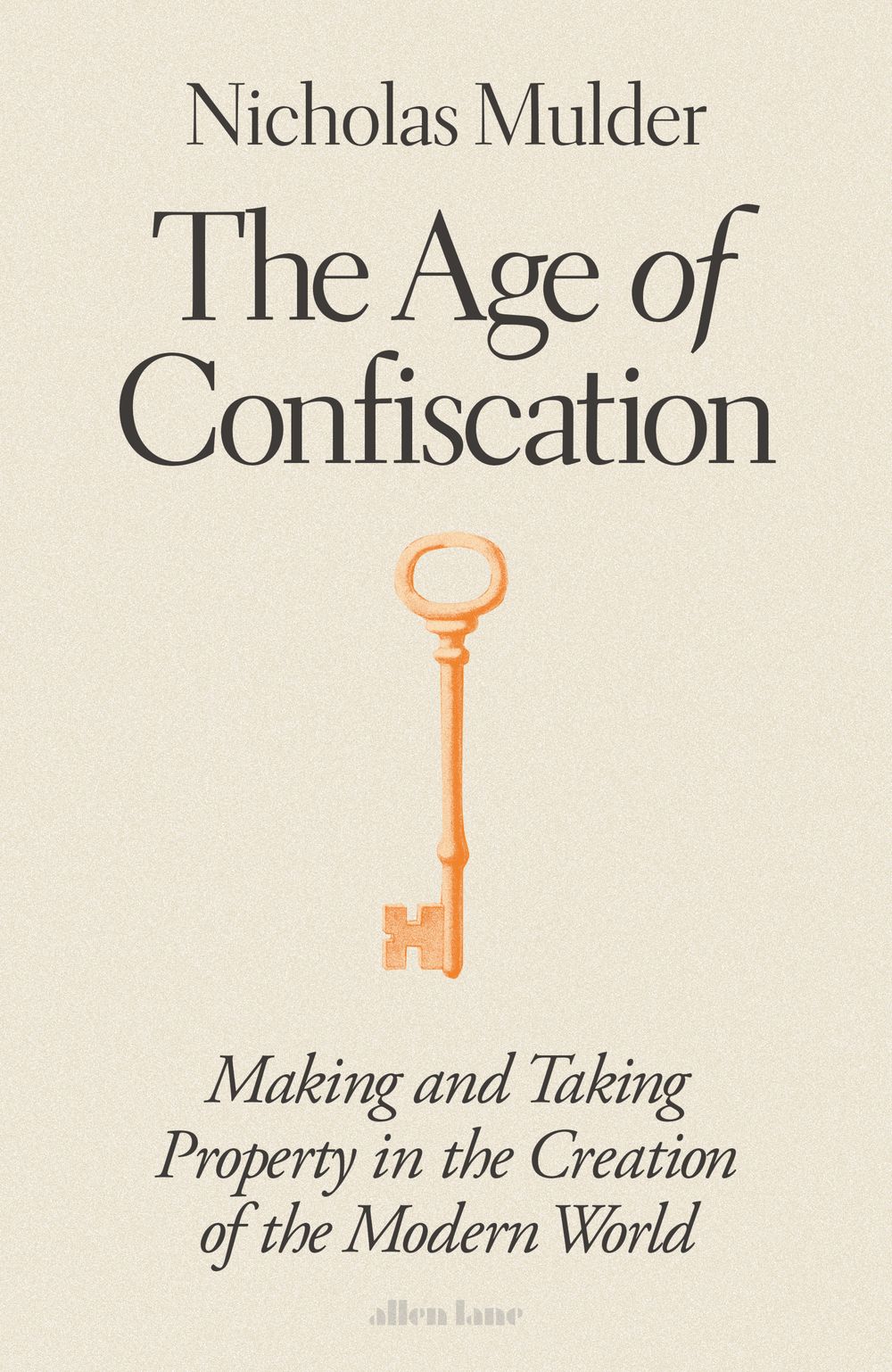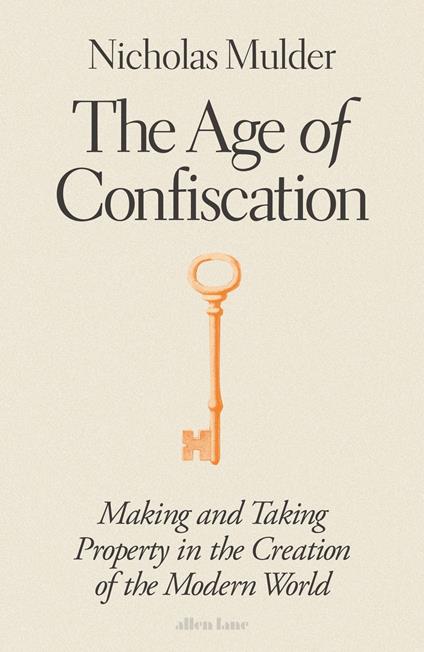The Age of Confiscation
A sweeping, resonant, revelatory history of how the expropriation of property made the modern world, by a brilliant young historian Expropriation – the forced transfer of property rights – is usually associated with dictators, unstable countries, and violent revolution. But in fact, it has been integral to the political and economic history of the West, enabling everything from the abolition of serfdom and slavery to decolonization, Allied victory in two world wars and the birth of the modern welfare state. For better and for worse, much of our modern world was built through coercive acquisition of property. In this groundbreaking international history of expropriation, Nicholas Mulder charts a gripping course from the eighteenth century to the present, ranging from the French Revolution to the Russo-Ukrainian War, from colonial companies to railway empires, from sales of church land to oil nationalizations, and from the confiscation of patents to asset freezing in the Eurodollar market. He shows how all kinds of political movements – liberal and nationalist, socialist and fascist, imperialist and anticolonial – both dissolved and redistributed property rights. Successful state-building did not depend on extinguishing the confiscatory state, but on capitalists mastering its powers and redeploying them for their own purposes. Drawing on a vast range of sources and data across history, politics, and economics, Mulder unfolds a bold revisionist history of how property was made and unmade, transferred and converted, stolen and restored. The Age of Confiscation reveals how much expropriation has been part of our recent past, and how amid rising geopolitical competition, growing inequality, and climate change, it will mark our future.
-
Autore:
-
Anno edizione:2026
-
Editore:
-
Lingua:Inglese
Formato:
Gli eBook venduti da Feltrinelli.it sono in formato ePub e possono essere protetti da Adobe DRM. In caso di download di un file protetto da DRM si otterrà un file in formato .acs, (Adobe Content Server Message), che dovrà essere aperto tramite Adobe Digital Editions e autorizzato tramite un account Adobe, prima di poter essere letto su pc o trasferito su dispositivi compatibili.
Cloud:
Gli eBook venduti da Feltrinelli.it sono sincronizzati automaticamente su tutti i client di lettura Kobo successivamente all’acquisto. Grazie al Cloud Kobo i progressi di lettura, le note, le evidenziazioni vengono salvati e sincronizzati automaticamente su tutti i dispositivi e le APP di lettura Kobo utilizzati per la lettura.
Clicca qui per sapere come scaricare gli ebook utilizzando un pc con sistema operativo Windows



